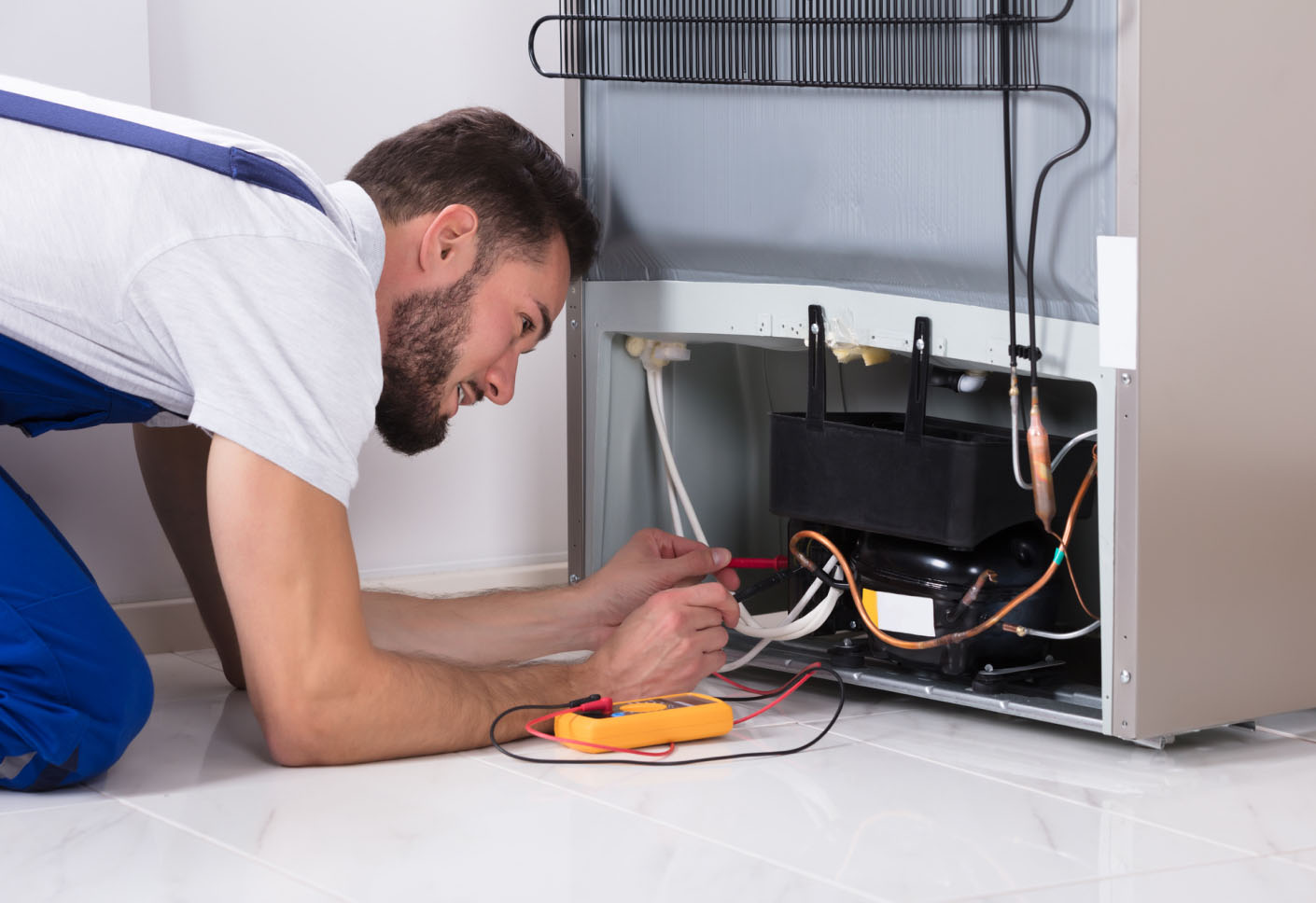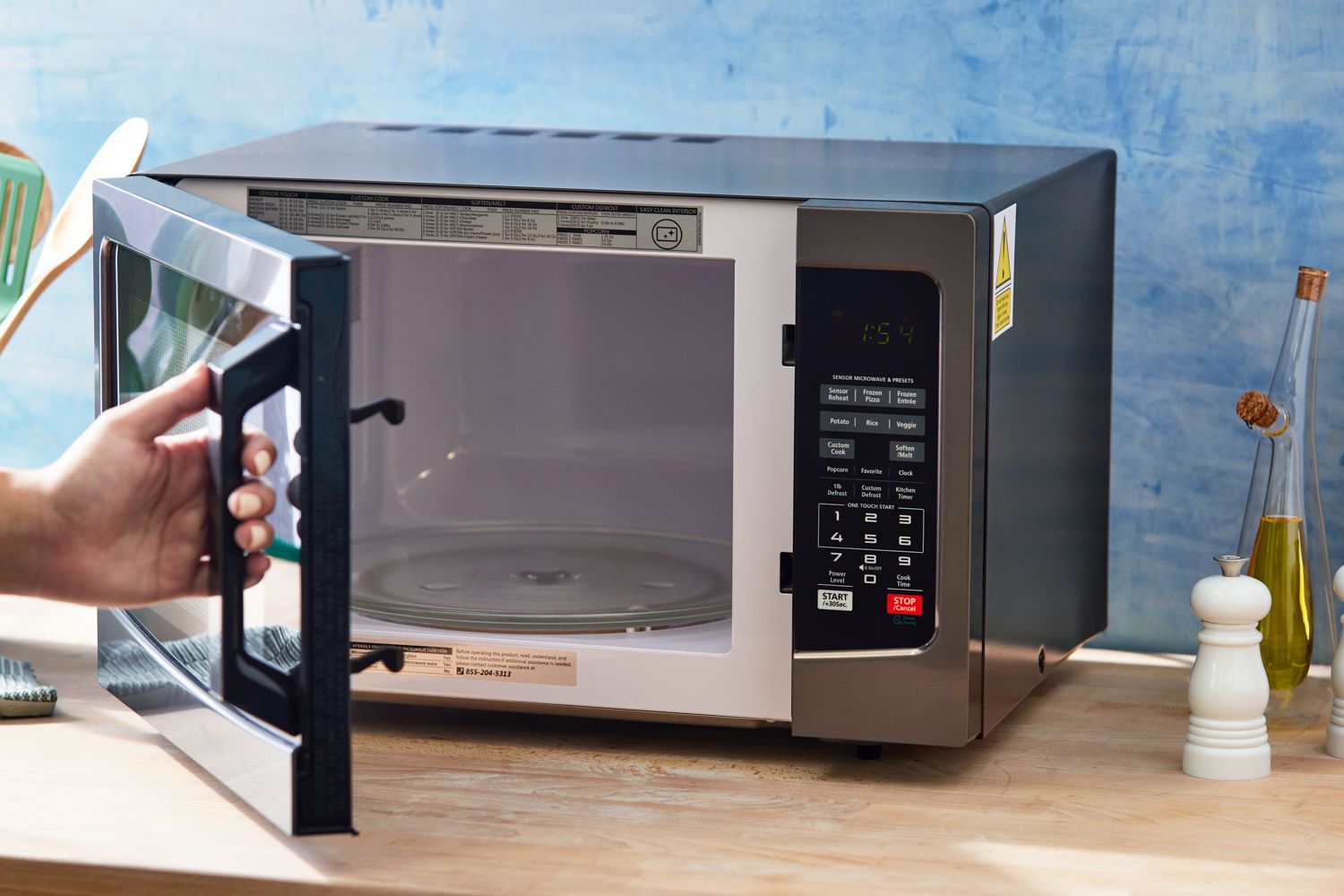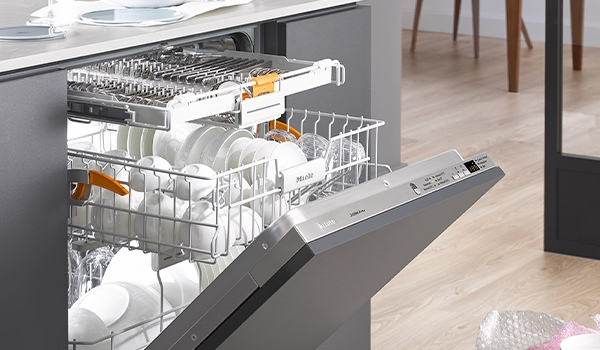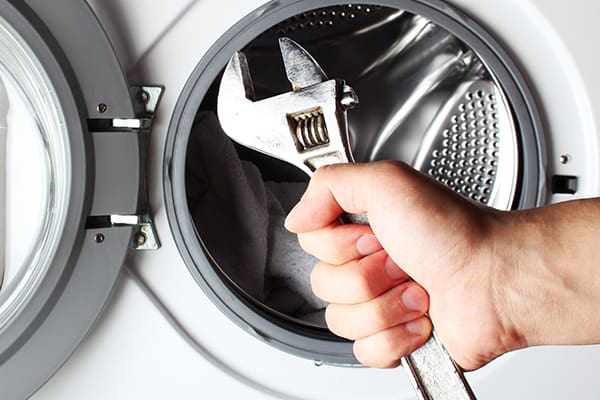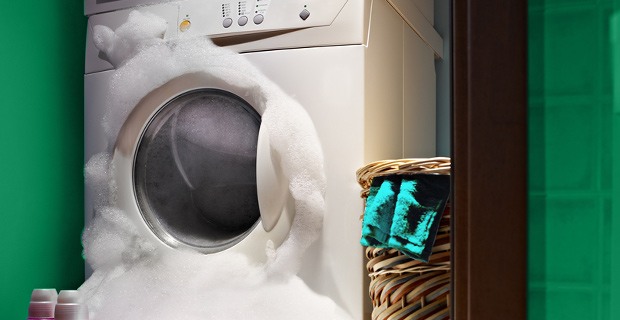Cooling Tips: DIY Solutions for Refrigerator Compressor
In the heart of our kitchens, the refrigerator stands as a stalwart guardian of freshness, diligently preserving our perishables. Yet, when the refrigerator compressor starts running hotter than its usual cool demeanor, concerns arise. This guide unravels the mysteries behind a warm compressor, exploring common causes and practical solutions. From understanding the intricate dance of condenser coils to DIY interventions, we embark on a journey to cool down our refrigerators. Join us as we delve into the realm of cooling mechanisms, discovering the art of maintaining optimal temperatures and ensuring the longevity of our essential kitchen companion.
Understanding the Basics: How Does a Refrigerator Compressor Work?
The refrigerator compressor serves as the heart of the cooling system, playing a pivotal role in maintaining the ideal temperature inside the appliance. Understanding its fundamental functions is key to comprehending the intricacies of the cooling process.
At its core, a refrigerator compressor operates on the principles of compression and expansion of refrigerant gases. The process begins with the compressor drawing in low-pressure, low-temperature refrigerant vapor from the evaporator coils. Once inside, the compressor compresses this vapor, raising both its pressure and temperature significantly.
The compressed, high-temperature refrigerant then flows into the condenser coils located outside the refrigerator. Here, it releases heat to the surrounding environment, causing the refrigerant to condense into a high-pressure liquid.
The high-pressure liquid refrigerant then passes through the expansion valve, where it undergoes a rapid expansion, transforming into a low-pressure, low-temperature vapor once again. This cool vapor circulates through the evaporator coils inside the refrigerator, absorbing heat from the interior and maintaining a lower temperature.
In essence, the compressor's function is to circulate and manipulate the refrigerant, facilitating the continuous cycle of compression, heat release, expansion, and heat absorption. By understanding this intricate process, one gains insight into how the refrigerator compressor regulates temperature, ensuring the preservation of perishables and the longevity of the appliance.
Common Causes of a Hot Compressor: Unraveling the Mysteries
A refrigerator compressor running hotter than usual can be indicative of various underlying issues. Unraveling the mysteries behind this phenomenon involves identifying and exploring the common causes contributing to the elevated temperature.
Inadequate Ventilation
Insufficient airflow around the compressor can impede the dissipation of heat, causing it to operate at higher temperatures. This can result from a buildup of dust and debris on the condenser coils or an improperly located refrigerator.
Excessive Loading or Overworking
Overloading the refrigerator with a substantial quantity of warm or hot food items can force the compressor to work harder, generating more heat. Additionally, constantly opening the door or placing hot dishes inside can contribute to increased compressor workload.
Faulty Condenser Fan
A malfunctioning condenser fan fails to cool the compressor adequately. This often occurs due to motor issues, blade obstructions, or electrical problems, leading to elevated compressor temperatures.
Refrigerant Issues
Insufficient or overcharged refrigerant levels can affect the compressor's efficiency, causing it to run hotter. Refrigerant leaks or issues with the expansion valve may contribute to these imbalances.
Compressor Overload or Malfunction
Excessive electrical load or internal component malfunctions within the compressor itself can lead to overheating. These issues may require professional assessment and intervention for resolution.
By pinpointing these common causes, individuals can take proactive measures to address the root of the problem, ensuring the refrigerator compressor operates within optimal temperature ranges for enhanced efficiency and longevity.
Overworking and Overheating: Is Your Fridge Compressor Stressed?
A stressed refrigerator compressor can be a common culprit behind increased heat generation, potentially compromising the overall efficiency of the appliance. Examining scenarios where the compressor might be overburdened sheds light on the factors contributing to this stress.
Frequent Door Openings
Continuous and prolonged opening of the refrigerator door introduces warm air into the appliance, prompting the compressor to work harder to restore the desired temperature. Minimizing unnecessary door openings helps alleviate this stress.
Poorly Organized Contents
A disorganized interior or overcrowded shelves can obstruct proper airflow, forcing the compressor to exert more effort in cooling. Organizing contents strategically promotes efficient cooling and reduces stress on the compressor.
High Room Temperatures
Placing the refrigerator in a location with elevated ambient temperatures, such as near heat-emitting appliances or in direct sunlight, can make the compressor work harder. Ensuring proper placement in a cooler environment helps mitigate stress.
Warm or Hot Food Additions
Introducing a large quantity of warm or hot food items into the refrigerator increases the internal temperature. The compressor then faces added stress to lower the temperature promptly.
Malfunctioning Thermostat
A faulty thermostat may misread or miscalculate temperature settings, causing the compressor to operate longer than necessary. Regularly checking and calibrating the thermostat helps prevent undue stress on the compressor.
By recognizing and addressing these scenarios, individuals can reduce the strain on their refrigerator compressors, ensuring efficient cooling, and prolonging the appliance's overall lifespan.
Ventilation Matters: The Impact of Airflow on Compressor Temperature
Proper ventilation plays a crucial role in maintaining the optimal temperature of a refrigerator compressor. Inadequate airflow can significantly contribute to overheating, impacting the efficiency and longevity of the appliance.
Condenser Coils and Heat Dissipation
The condenser coils, responsible for releasing heat from the compressor, require adequate airflow to dissipate heat efficiently. If these coils are obstructed by dust or debris, or if the refrigerator is positioned too closely to walls or other appliances, heat dissipation is compromised, leading to increased compressor temperatures.
Ventilation Grilles and Clearance
Many refrigerators feature ventilation grilles that allow air to circulate around the compressor and condenser coils. Insufficient clearance around these grilles due to improper installation or cluttered surroundings can impede the necessary airflow, causing the compressor to work harder and become hotter.
Refrigerator Location
Placing the refrigerator in a confined space or against a wall restricts the natural flow of air, trapping heat around the compressor. Optimal refrigerator placement with ample clearance ensures the free movement of air, aiding in effective heat dissipation.
Cooling Fan Operation
Some refrigerators are equipped with cooling fans that assist in maintaining proper compressor temperatures. Malfunctions in these fans can hinder airflow, leading to overheating. Regular checks on the fan's functionality are essential for preventing such issues.
By emphasizing the significance of proper ventilation and addressing any impediments to airflow, individuals can mitigate the risk of compressor overheating, promoting efficient refrigerator operation and extending the appliance's lifespan.
DIY Solutions: Cooling Down Your Refrigerator Compressor
When faced with a refrigerator compressor running hotter than usual, implementing DIY solutions can help cool it down and restore optimal functioning. Here are practical steps to address the issue:
Clean the Condenser Coils
Dust and debris accumulation on the condenser coils impede heat dissipation. Regularly vacuum or brush these coils to ensure efficient cooling and prevent the compressor from overworking.
Check Ventilation Grilles
Ensure that ventilation grilles are unobstructed, allowing free airflow around the compressor. Maintain proper clearance by removing any objects or obstacles near these grilles to aid in heat dissipation.
Adjust the Thermostat Settings
Verify that the thermostat is set to the manufacturer-recommended temperature. Avoid excessively low settings, as they may cause the compressor to run continuously. Calibrate the thermostat if necessary.
Reduce Door Openings
Minimize unnecessary door openings to prevent warm air from entering the refrigerator. Promptly close the door after use to maintain a stable internal temperature.
Organize Contents Strategically
Rearrange items inside the refrigerator to promote better airflow. Ensure that shelves are not overcrowded, allowing air to circulate freely and reducing the compressor's workload.
Evaluate Room Temperature
Assess the ambient temperature around the refrigerator. Avoid placing the appliance near heat sources or in direct sunlight. Optimal room conditions contribute to the compressor's efficiency.
By adopting these DIY solutions, individuals can actively contribute to cooling down a stressed refrigerator compressor, ensuring it operates within optimal temperature ranges. These measures not only enhance the appliance's performance but also extend its lifespan.


